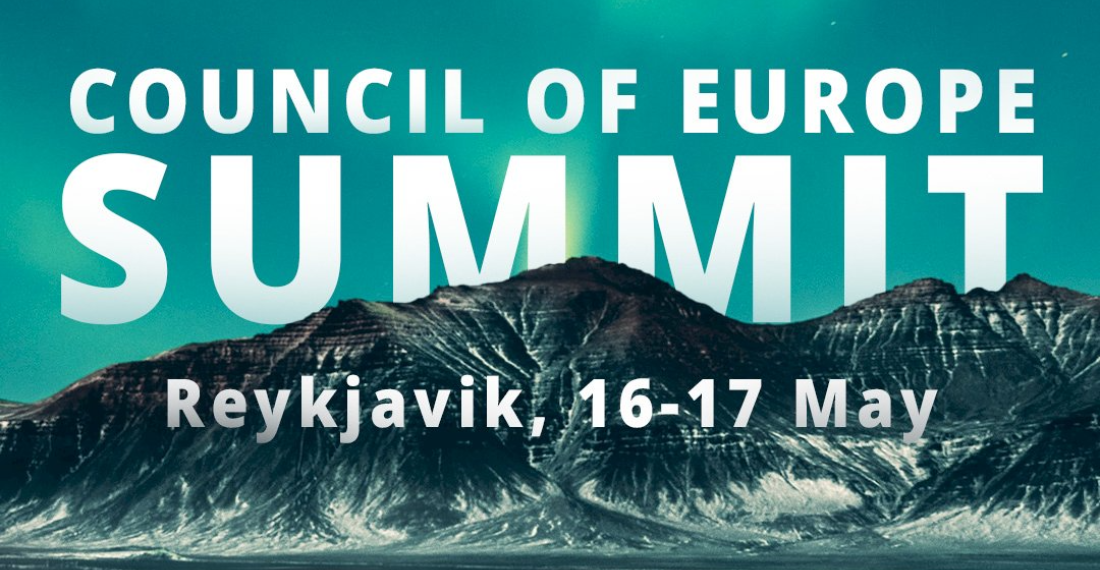The Fourth Council of Europe (CoE) summit is taking place in the Icelandic capital of Reykjavik, from Tuesday to Wednesday (16-17 May).
The Council of Europe is an international organisation founded in 1949 to uphold human rights, democracy and the rule of law in Europe. It has 46 member states, including the 27 members of the European Union.
The summit will begin at 17:45 local time on 16 May with an opening event entitled, "United around Our Values - Opening of the fourth Summit of the Council of Europe".
It will then continue on 17 May with a "general debate and closing session" from 09:00 to 13:00, before a press conference at 14.30.
"Historic summit" in light of war in Ukraine
According to the CoE website, this week's summit in Reykjavik is "an historic opportunity for European leaders to reaffirm their common commitment to the Council of Europe’s core values and to refocus its mission in the light of new threats to human rights and democracy, and to further support Ukraine through concrete measures to help achieve justice for the victims of the Russian aggression".
Meanwhile, the CoE Secretary General Marija Pejčinović Burić has said that Ukraine "must take centre stage" in the summit, adding that "accountability for the death and destruction caused by Russian aggression is vital".
The Icelandic Prime Minister, Katrín Jakobsdóttir, said that they "will have the opportunity to take decisive steps in making Russia accountable for its aggression against Ukraine but also discuss the state of human rights and democracy during turbulent times when war is not only being waged in Europe, but the world is also confronted with climate hazards threatening us all".
"We are also in the midst of a technological revolution that can both have positive effects on all of us but can also develop in unpredictable ways," she added.
source: commonspace.eu with Council of Europe
photo: Council of Europe






